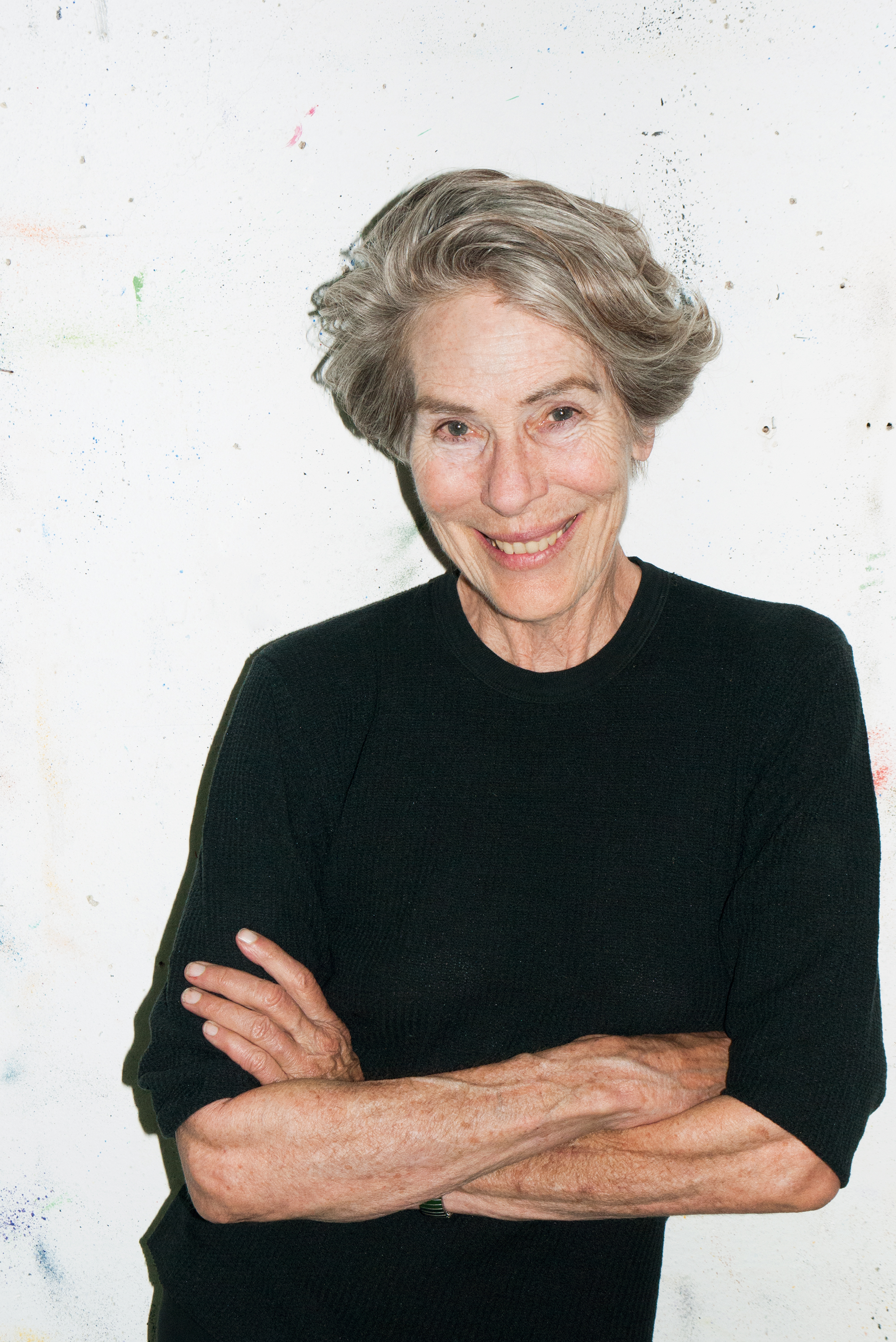Purple Magazine
— F/W 2016 issue 26
Mary Woronov
from superstar to anti-star
interview and portraits TERRY RICHARDSON
Of all the girls at the center of Andy Warhol’s Factory, “superstar” Mary Woronov was the one who played the tough guy. Moving to Los Angeles, she performed in dozens of B movies, including Paul Bartel’s Death Race 2000 (1975) and Eating Raoul (1982), and Roger Corman’s Rock ‘n’ Roll High School (1979). Later she appeared in the television series Charlie’s Angels and Knight Rider. Artistic Mary — she’s an author and exhibiting painter, and was an actor in New York’s Theater of the Ridiculous — always resisted the Hollywood establishment, preferring non-commercial cinema experiences. Terry Richardson, a true fan, photographed and interviewed this free spirit at her home in Los Angeles, where she lives, writes, and paints.
TERRY RICHARDSON — What was it like working before the Internet and smart phones and all that? It’s funny — in the…
